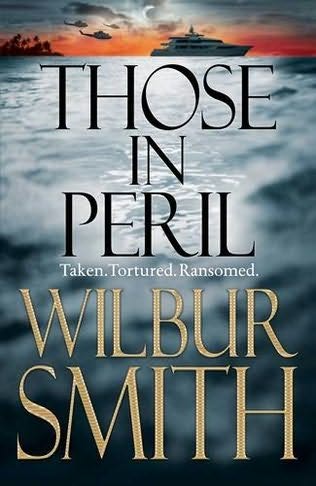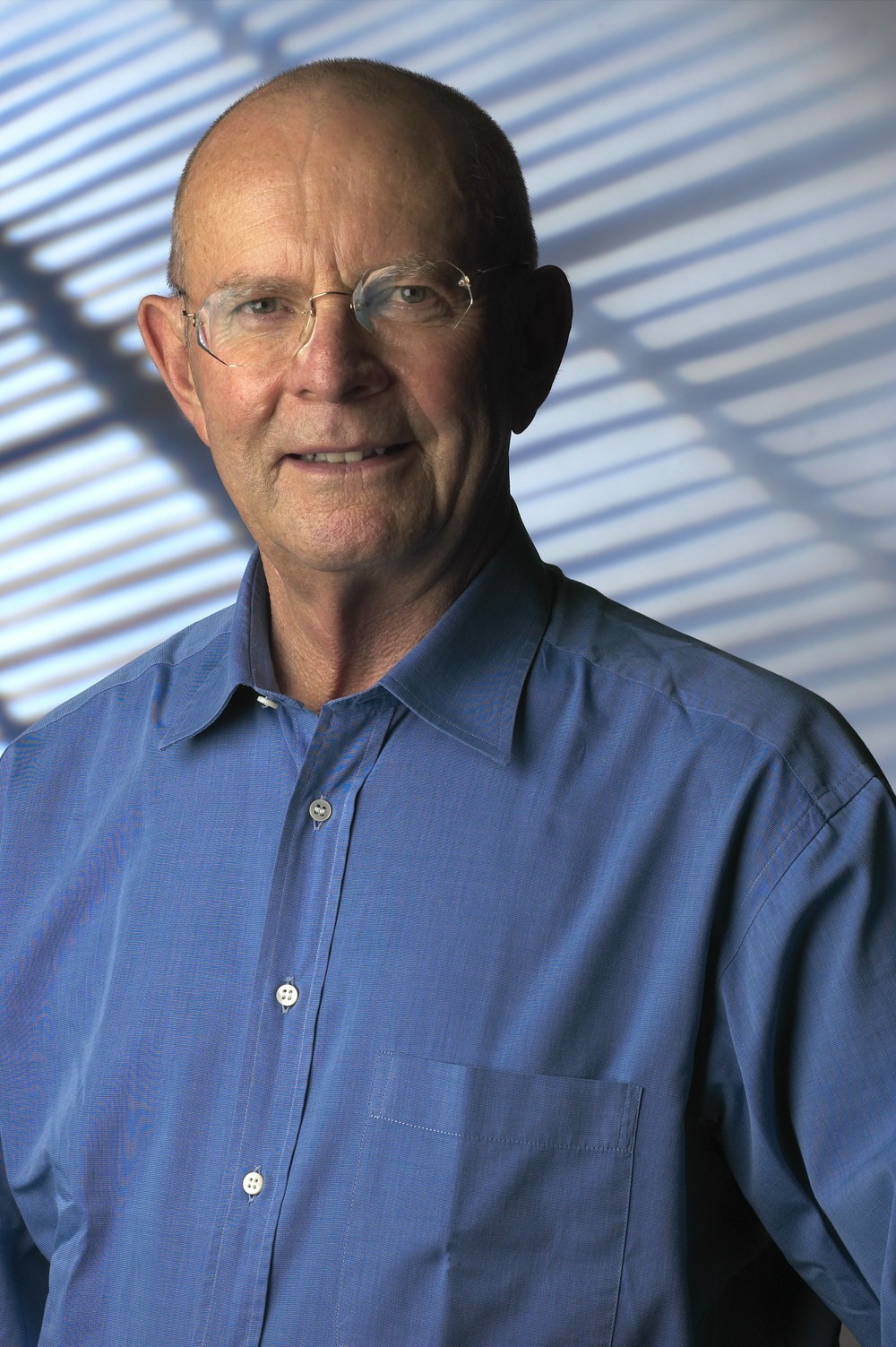Wilbur Smith has subtitled this essay “Or how the man who has sold 80 million books only has to think of his fearless father to find inspiration”. . .and that certainly seems appropriate! His first novel, published in 1964, was also called WHEN THE LION FEEDS, after which Wilbur wrote 30 novels. His most recent book, THOSE IN PERIL, came out this past month. The essay below needs no better introduction than the one Wilbur already offered. . .though it may make you envy his truly adventurous childhood.
 From the times of BEOWULF and Homer’s ILIAD and ODYSSEY, heroes and heroines have lit up an otherwise drab world. The hero and heroine of my latest novel, THOSE IN PERIL, are Hector Cross and Hazel Bannock. I deliberately named Hector after the hero of THE ILIAD. Like many of my heroes, he is a professional soldier, in charge of a global private security company. I have built Hector, and the lesser characters in his employ, from the profiles of men I have known. Men who carried out their deadly business in Afghanistan and the Gulf, in South America and Central Africa.
From the times of BEOWULF and Homer’s ILIAD and ODYSSEY, heroes and heroines have lit up an otherwise drab world. The hero and heroine of my latest novel, THOSE IN PERIL, are Hector Cross and Hazel Bannock. I deliberately named Hector after the hero of THE ILIAD. Like many of my heroes, he is a professional soldier, in charge of a global private security company. I have built Hector, and the lesser characters in his employ, from the profiles of men I have known. Men who carried out their deadly business in Afghanistan and the Gulf, in South America and Central Africa.However, much of my life, and indirectly my writing, has been informed by the first real hero I ever knew: my father. He was a man of action, who worked with his hands as much as he did with his head. He started off in life with nothing but a set of artisan’s tools and another set of courage and determination.
When I was a small boy he had already built up a thriving sheet metal manufacturing company on the Copperbelt in what is now Zambia, where he used to make piping for the ventilation system that took fresh air down deep into the copper mines. The mines needed thousands upon thousands of feet of this piping and he made it for them. From my infancy our family lived well and my father was devoted not only to caring for his family but also for the land and the people in the villages that surrounded us.
One of my most vivid memories of him from those days was the night when three man-eating lions broke into our camp. Four days earlier, a runner had arrived from the District Commissioner’s Headquarters 50 miles away. He carried a letter that warned us that a pride of man-eaters was on the rampage through the district. They had already killed over 20 defenseless villagers, women and tiny children among them.
My father’s reputation as a good shot and hunter was well known and the District Commissioner had written to ask him to eradicate this menace if he was able to do so. My dad did not have to wait too long for an opportunity to perform his duty. The smell of fresh meat drying in the sun and the shrieking of hyenas brought the lion pride to our camp.
I was eight years old at the time, but I remember it as if it were only yesterday. I woke in my sleeping bag to the tumult and the shouting. The black-maned alpha male lion had crept into our sleeping camp, forcing his way through the barricade of cut branches which we had built to protect it.
When he saw our camp retainers sleeping around the fire he switched his attention from the meat on the drying racks to them, his favored food. Peter, Dad’s foreman, woke up with this huge beast standing over him. Lesser men might have faltered, but instead he swiftly reached for the axe that lay at his side. The lion roared and sprang. With his axe hand raised above his head, Peter drew the lion’s attention. The demon locked his fangs into the raised axe, narrowly missing his arm. The lion’s growl and Peter’s shout raised the camp and pandemonium broke out.
My father sprang from his camp bed wearing only his pajama top. With one hand he seized his rifle, which was always at his bedside, and in the other hand he grabbed the torch that lay beside it. Still more than half asleep he stumbled towards the fly of the tent and ran nose-first into the tent pole. My father had an imperial nose and it was split down to the gristle by the impact. This brought him fully awake. He stepped out of the tent and, roaring and grunting, the demented lion charged at him.
I looked through the opening of the tent in which my sister and I slept just in time to see the lion, the axe still held in its jaws, charging at my father. Dust was flying and 30 men were screaming. Three lions were roaring and I was weeping to see my beloved father about to be ripped apart. This is the kind of situation in which heroes show their true worth. Sans trousers, displaying his masculinity to the world, blood streaming from his injured nose, my father stood his ground.
 He turned the torch on the charging lion and holding his rifle in the other hand he aimed it like a pistol and shot the deranged animal in the center of its chest. I watched as the great carcass dropped and in a cloud of dust rolled to my father’s feet and lay still.
He turned the torch on the charging lion and holding his rifle in the other hand he aimed it like a pistol and shot the deranged animal in the center of its chest. I watched as the great carcass dropped and in a cloud of dust rolled to my father’s feet and lay still. Coolly my father dropped the torch to reload and in the semi-darkness he fired two more shots. The other two lions dropped at each shot. It was then that my father broke into a wild war dance, uttering a series of terrible cries and kicking his naked feet in the air. It was only later that we realized that this was not a dance of triumph, but that he had been standing on hot coals scattered from the camp fire and they were sticking to his feet.
I have a faded photograph taken the next morning with my mother’s Box Brownie camera. My father and I are kneeling side by side, each holding the head of one of the felled man-killers. Peter is standing beside the truck in the background. He is wrapped in his blanket and looking slightly aloof. My father is now wearing his pajama bottoms, but his wounded nose is swollen and lacerated. I am wearing one of my father’s hats and mimicking his grim and stoic expression.
Given a cursory glance, it could appear a somewhat macabre scene, but the reality was that many lives were saved that night and of course I have never forgotten it, nor did any of the villagers. Literature throws us many great heroes. Real life invariably outdoes them.
Join Wilbur Smith on Facebook.
Visit Wilbur Smith online at www.wilbursmithbooks.com
Visit Wilbur Smith online at www.wilbursmithbooks.com
Photo of Wilbur by Joe Partridge

